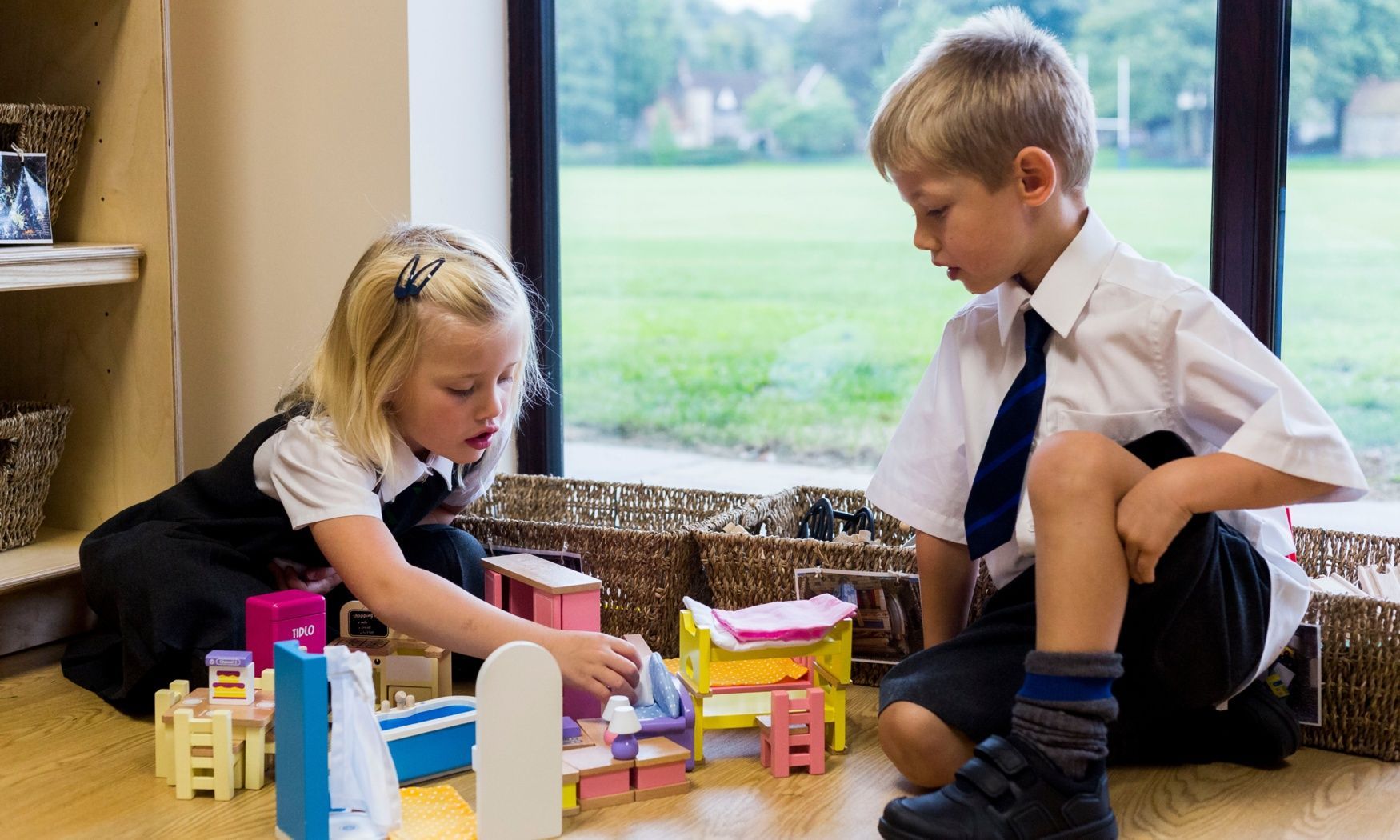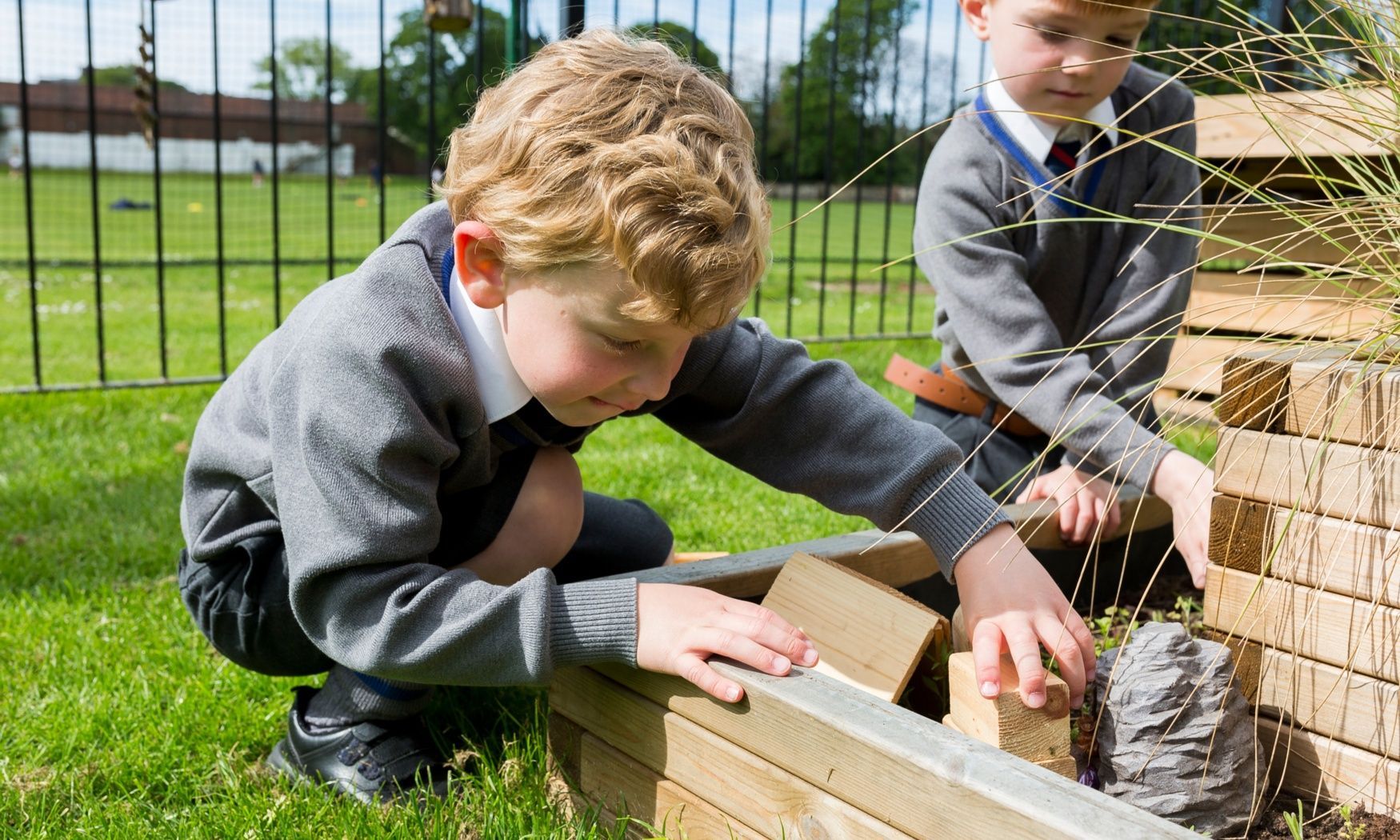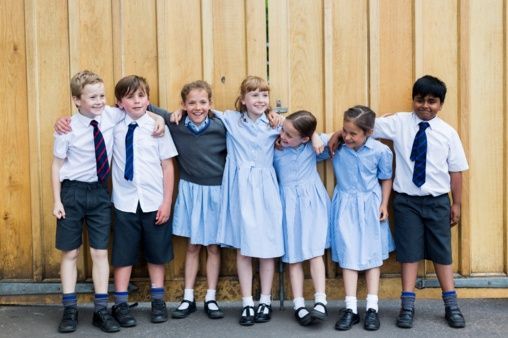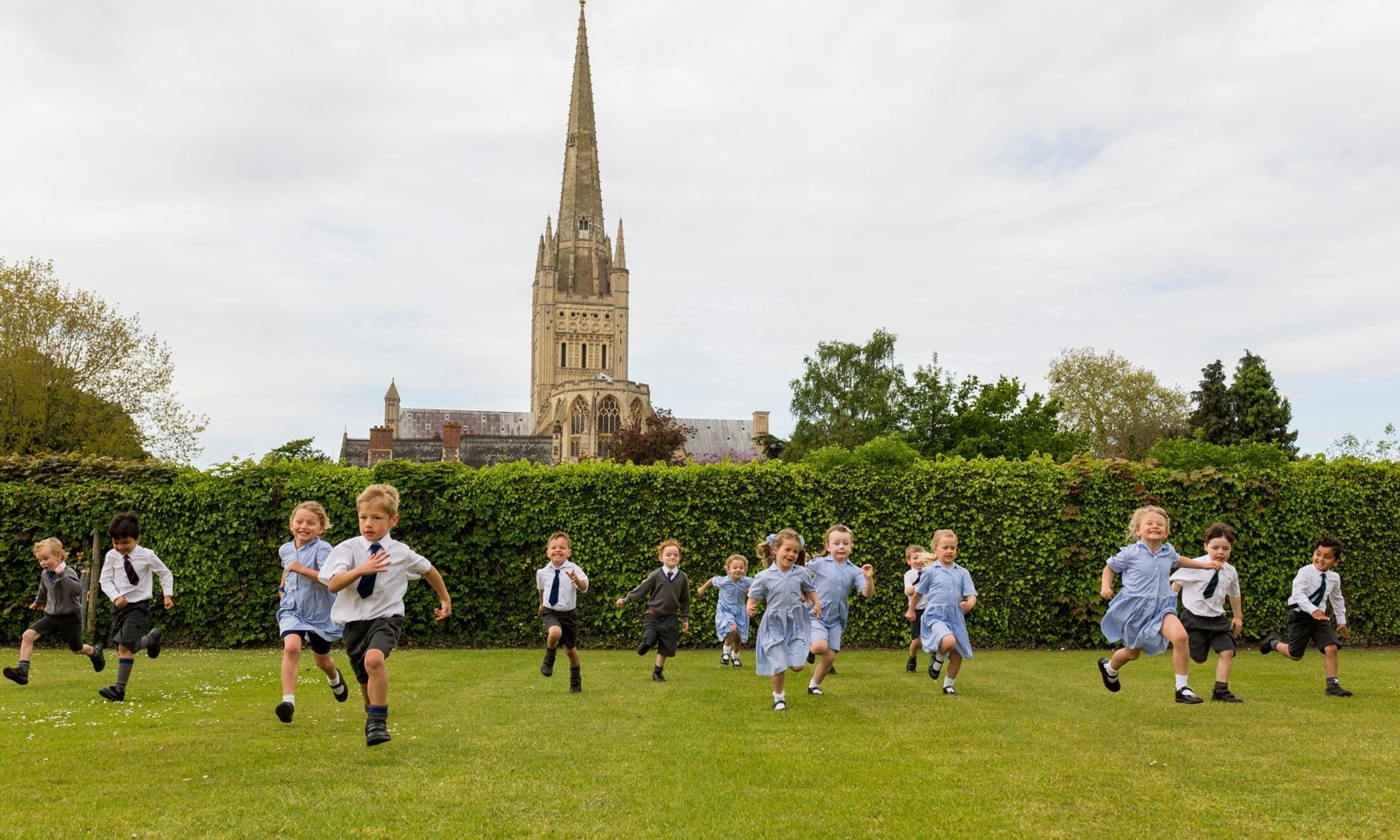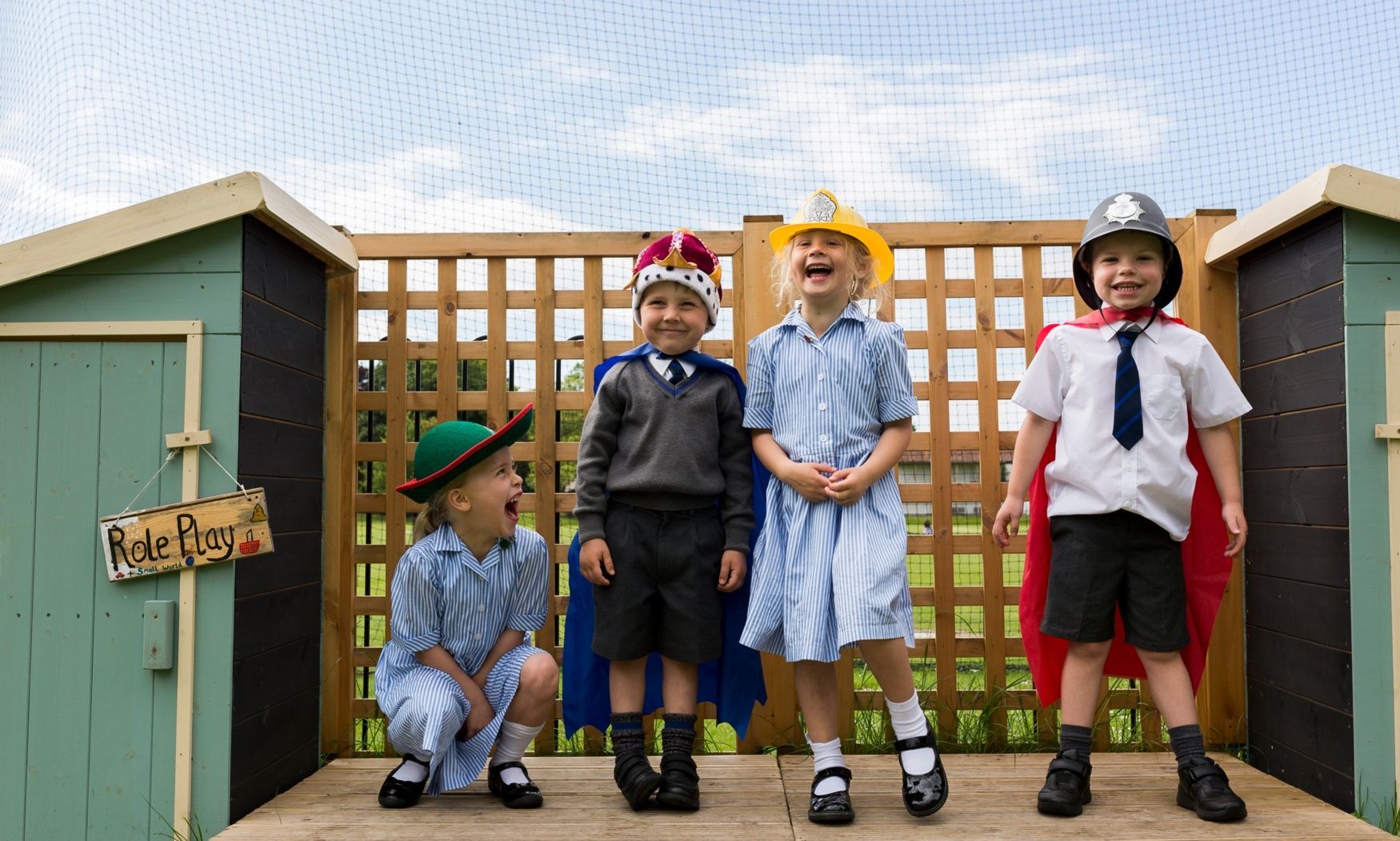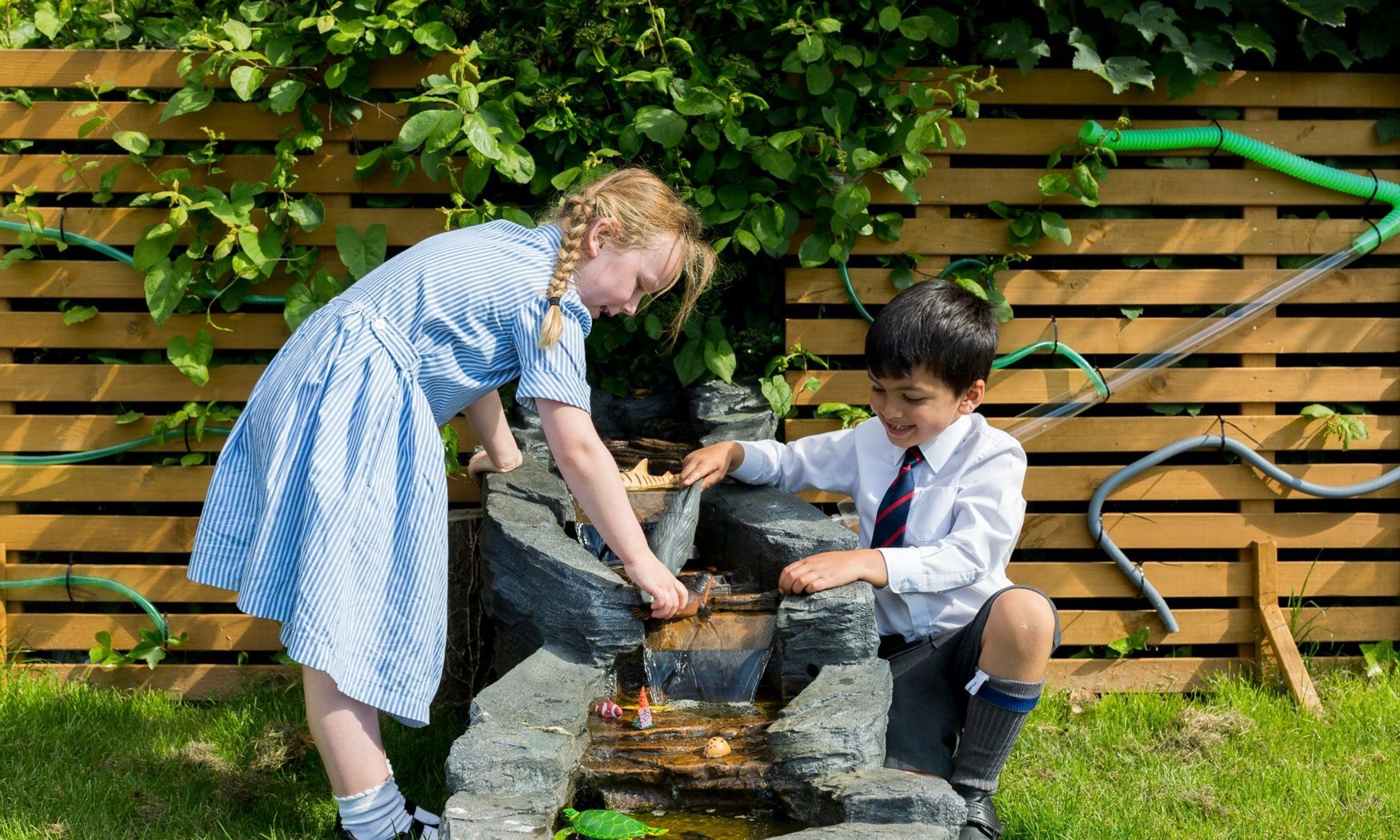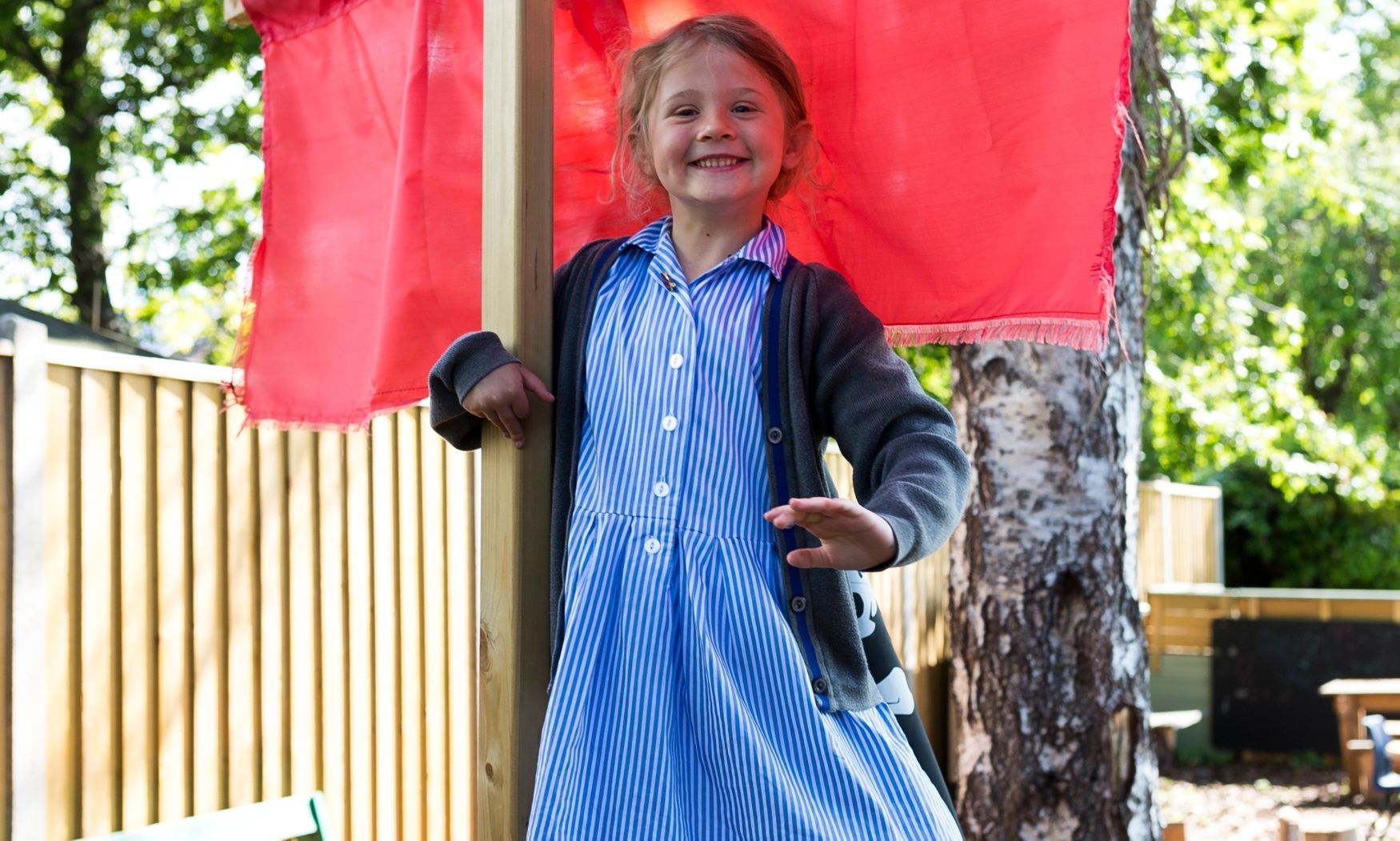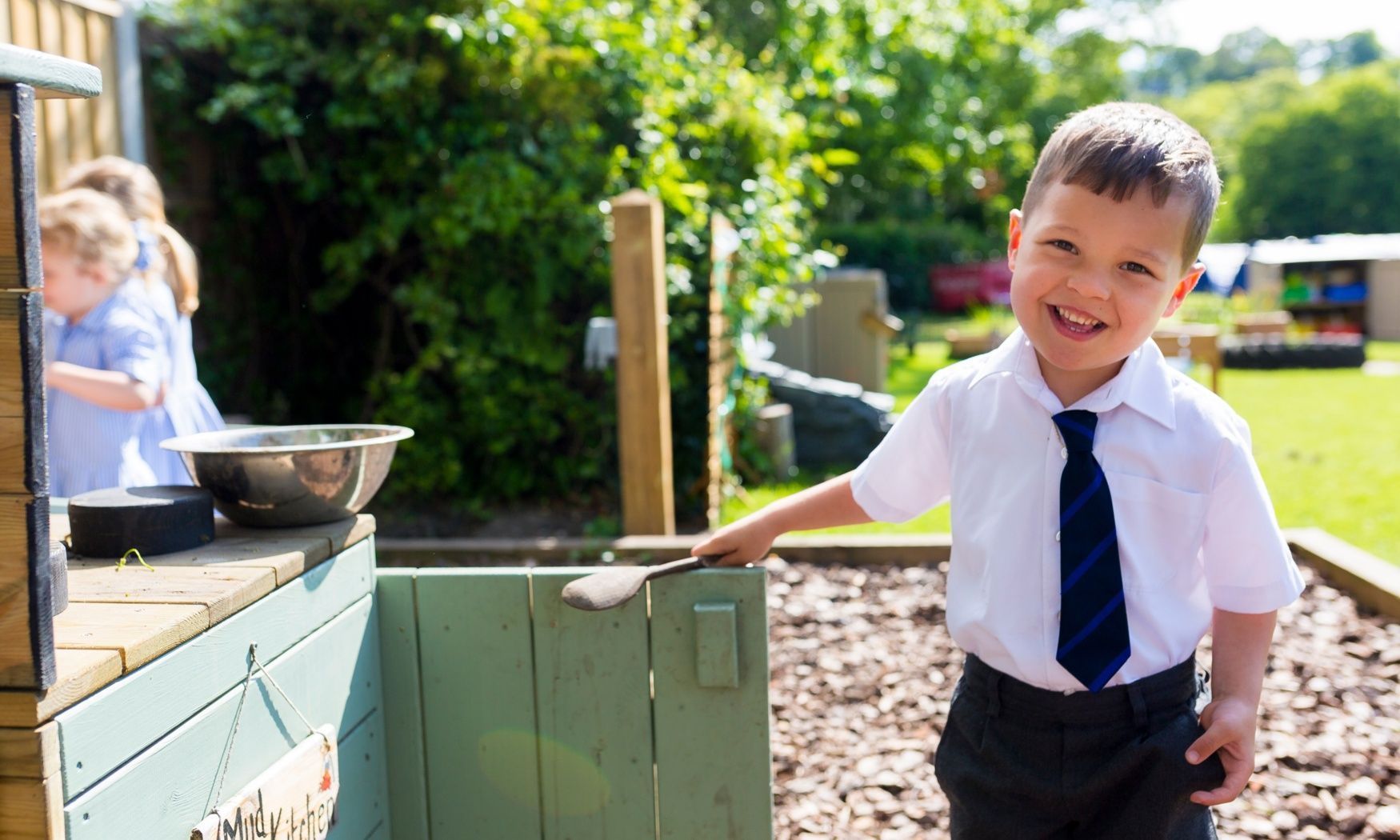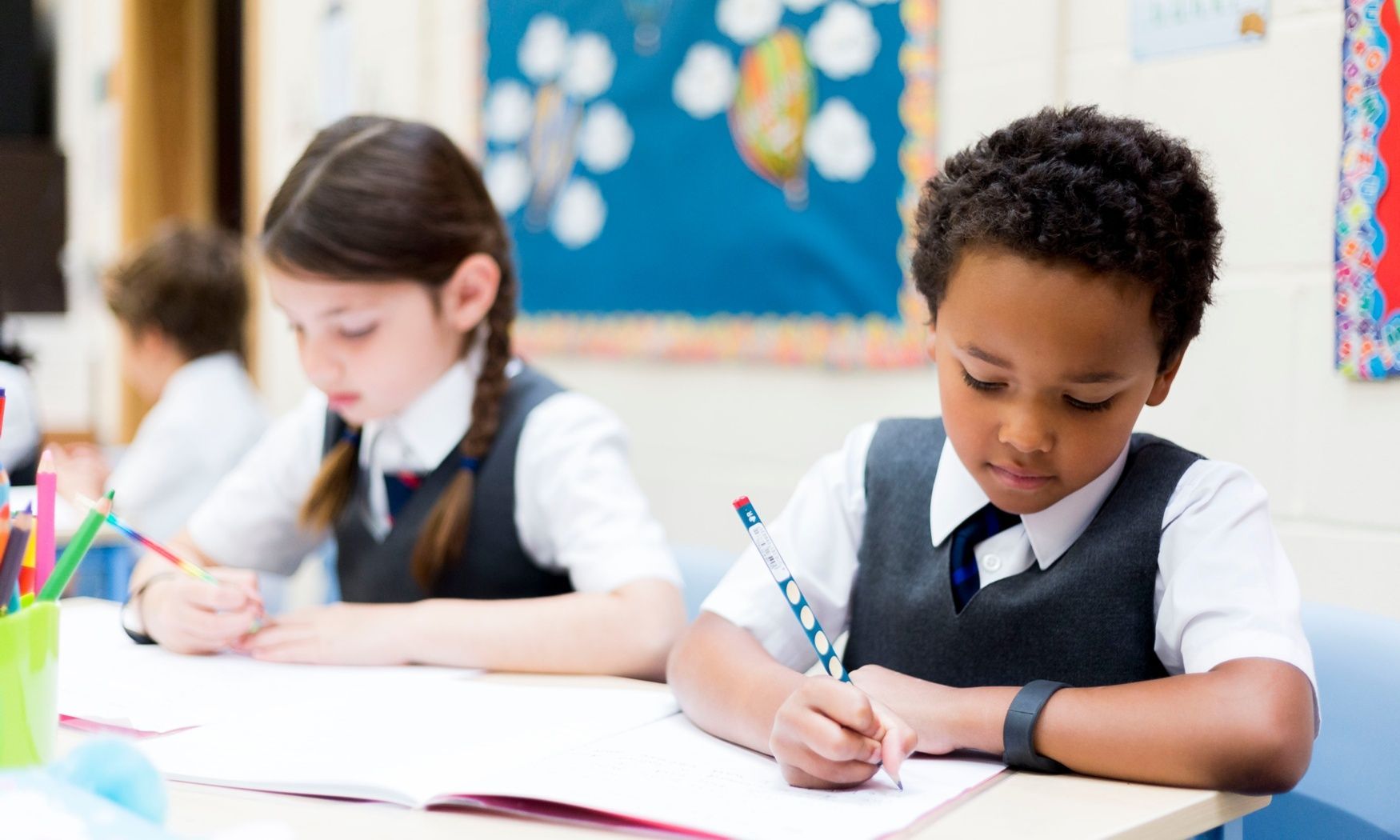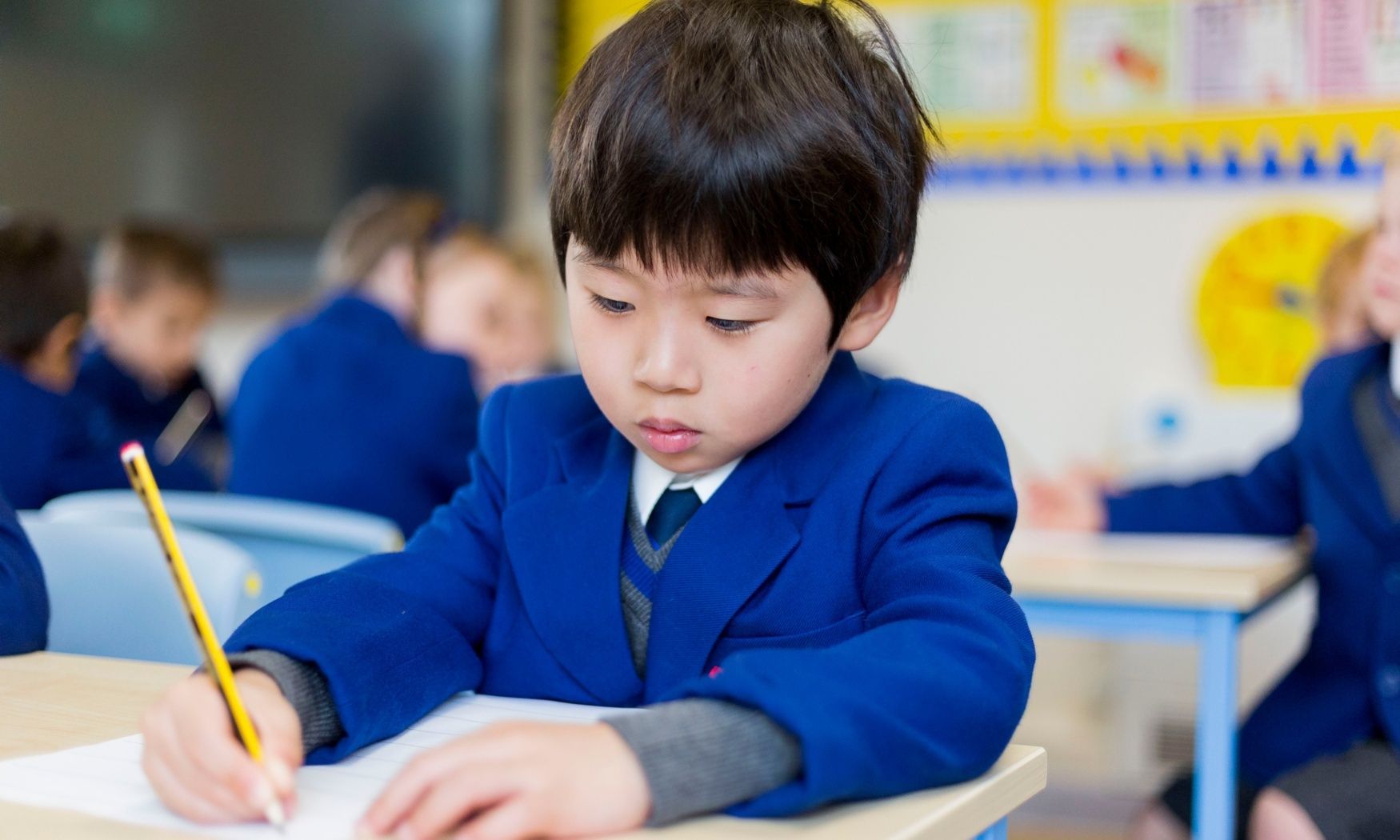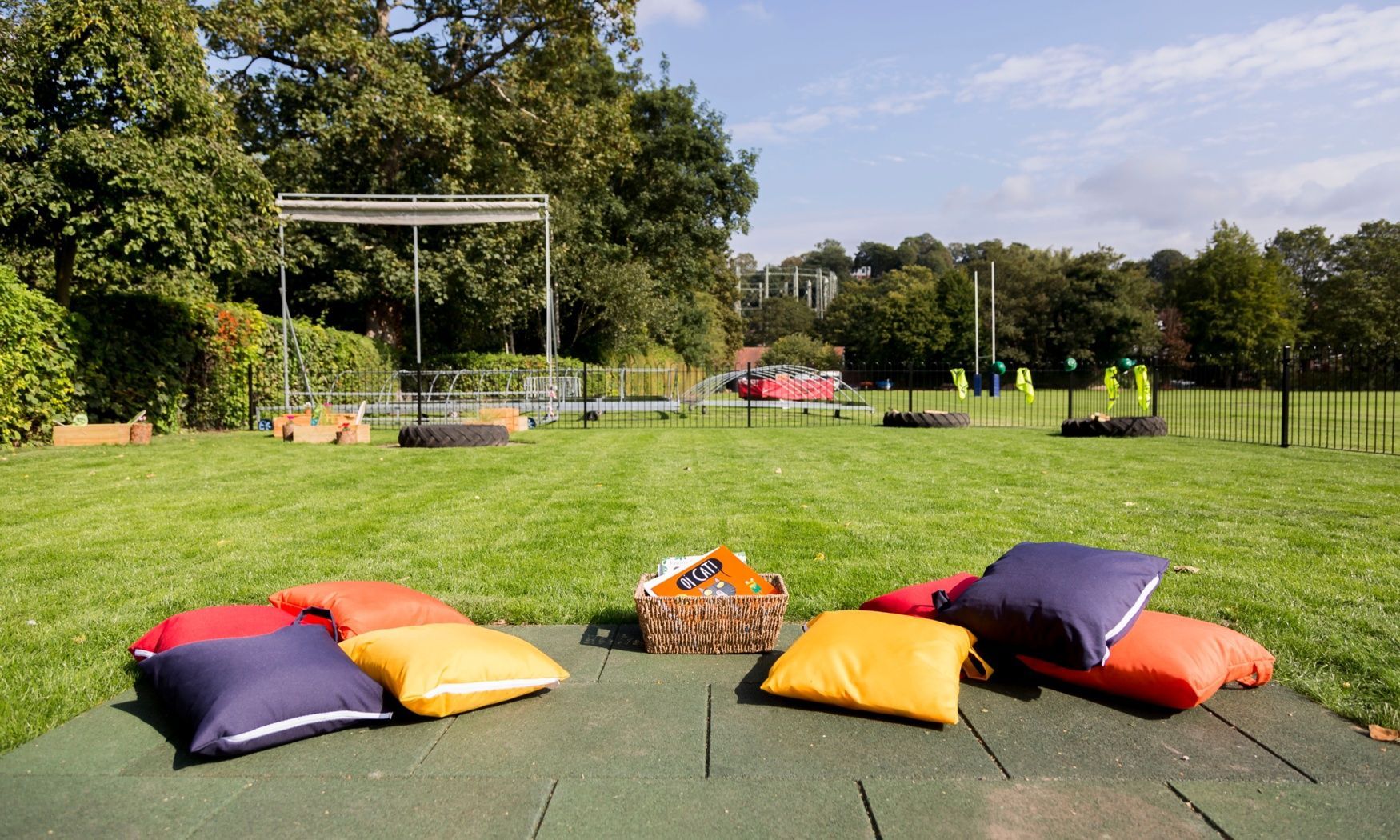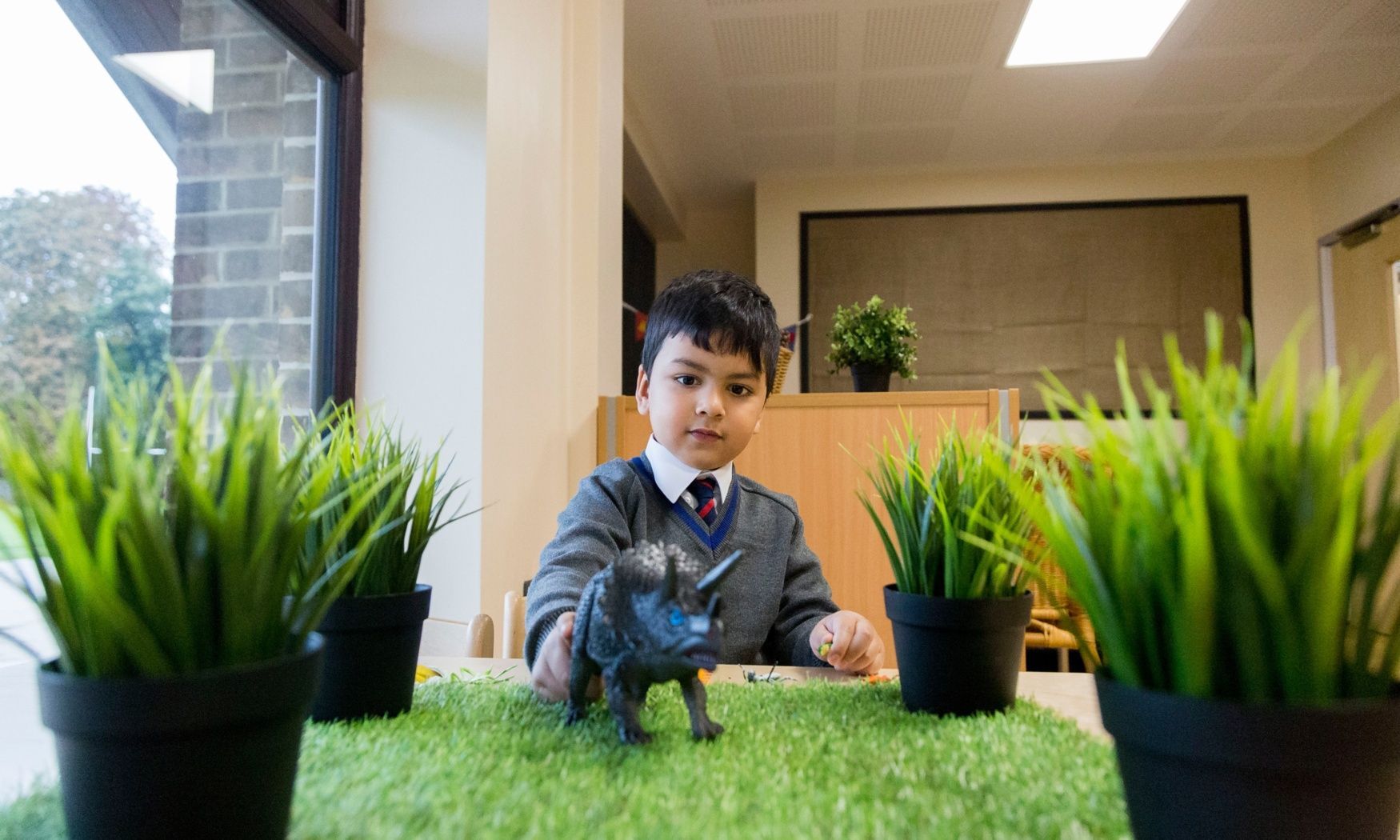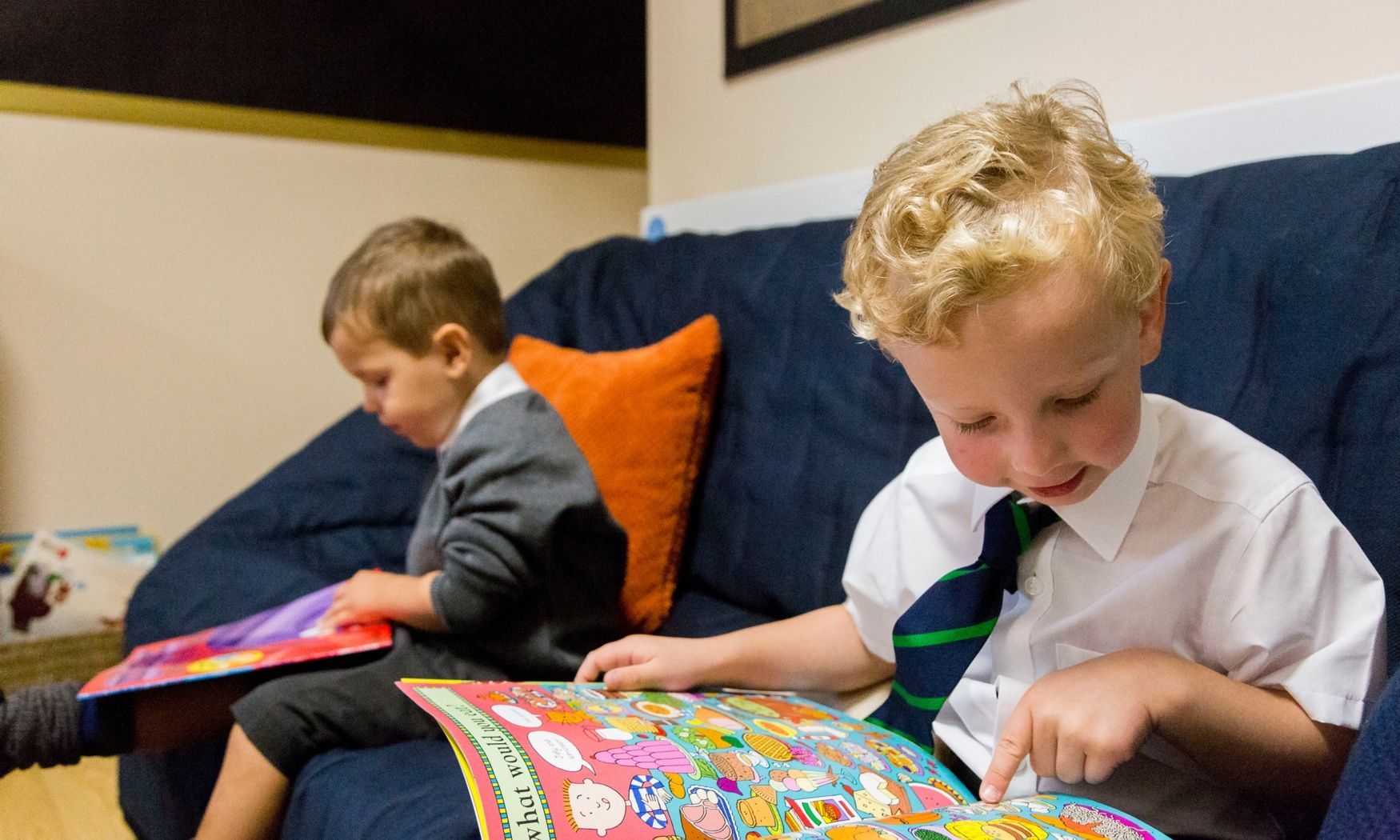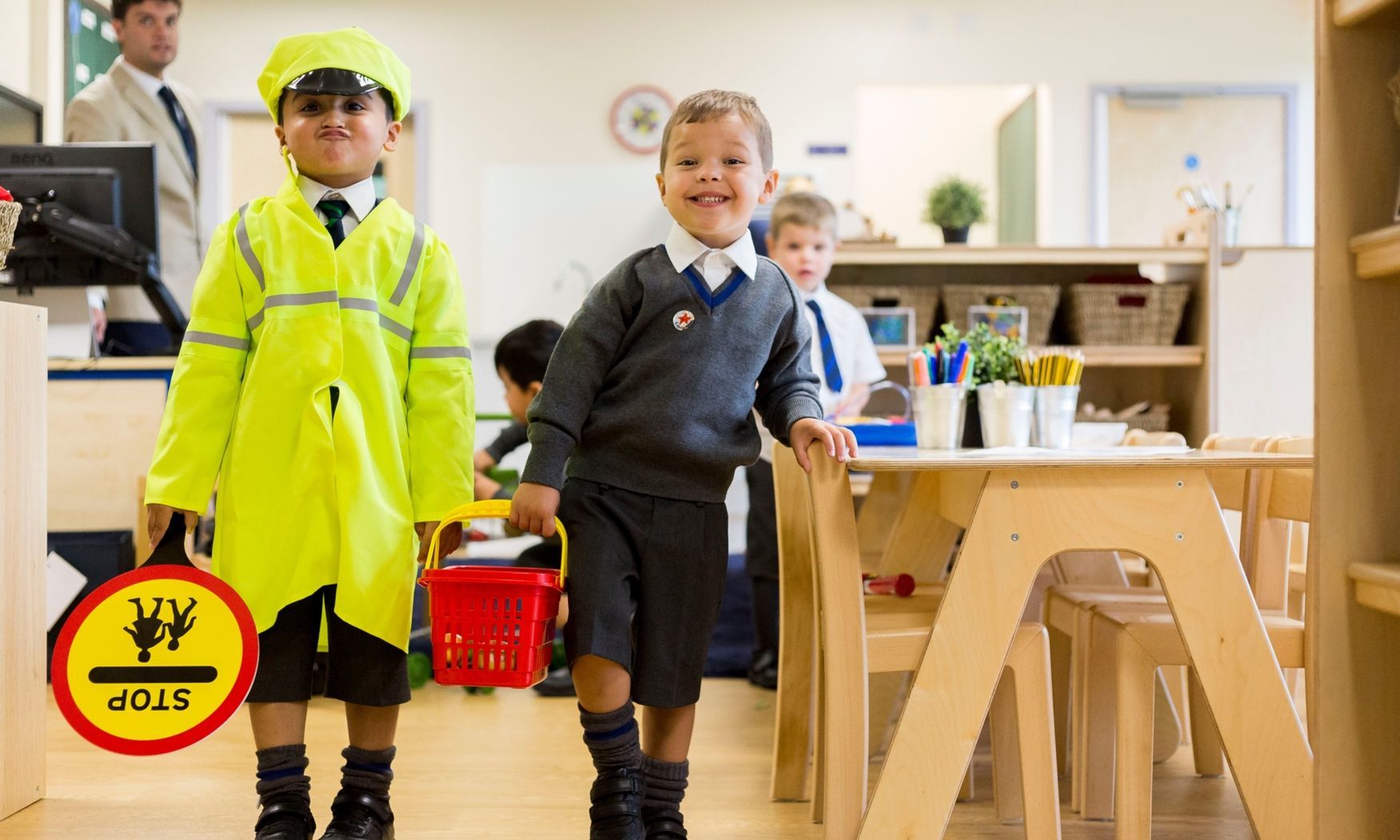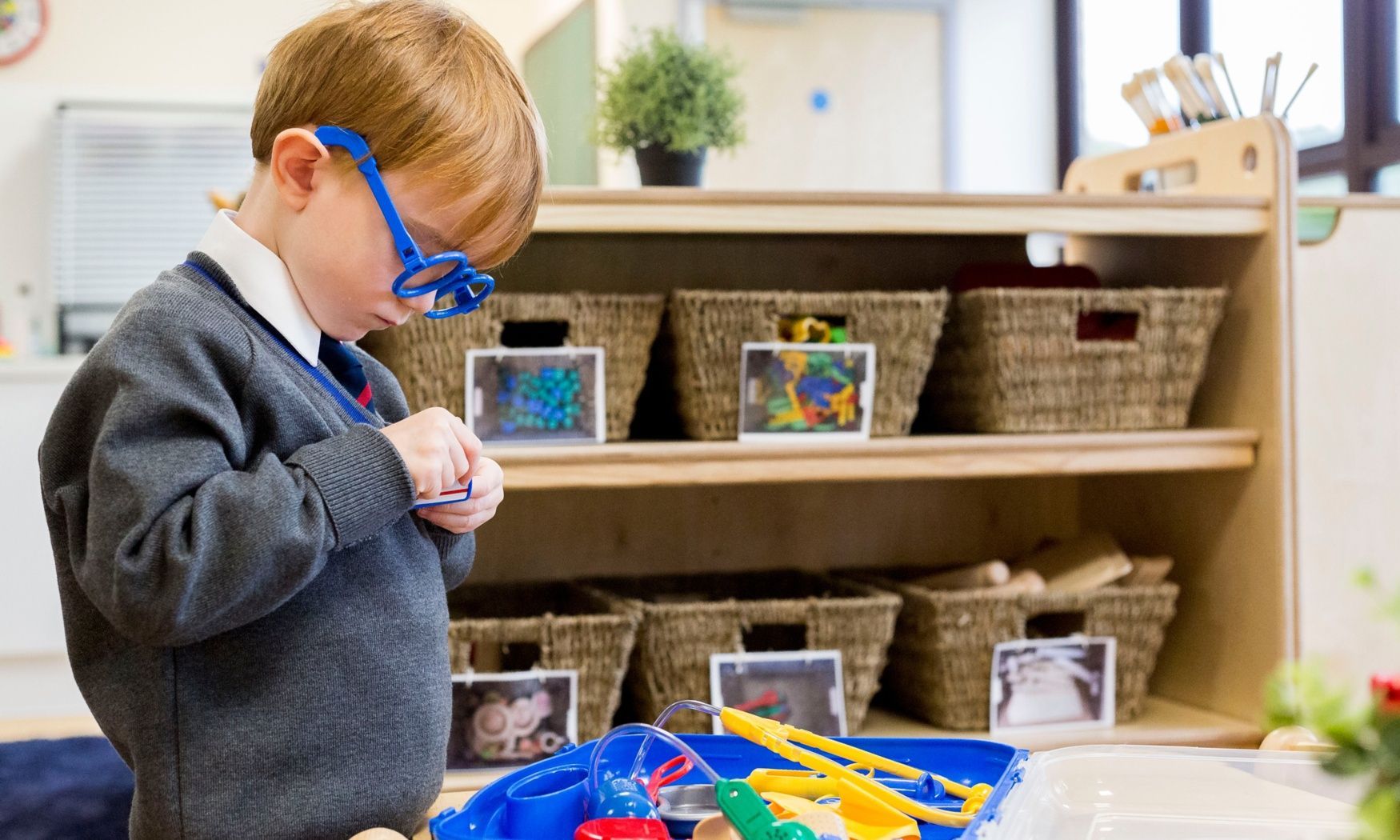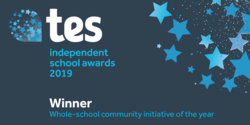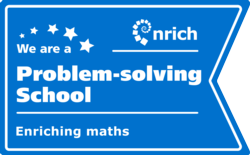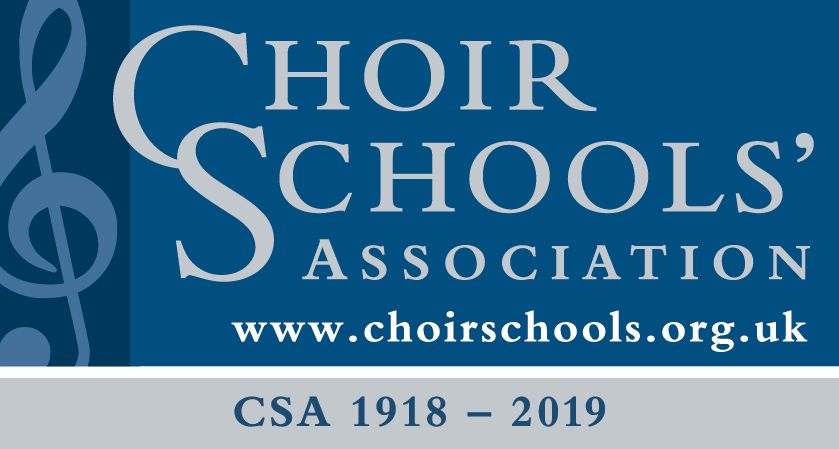Academic
A Curriculum for Life
The Lower School curriculum enables us to take a long-term approach to meeting the overall aims of Norwich School. It also allows us to take the biggest possible view of what constitutes a brilliant education, unbridled by the curricular narrowing and pressures of SATs or Senior School entrance exams. Assessment points which are a rigid constraint for others, become a fertile opportunity for us.
Along the way then, we open-up our children to relish the wonderful world of sensibility and experience. We nourish and strengthen them to resolutely meet with the unavoidable world of necessity. And we prime and position them to optimistically embrace the privileged world of opportunity; all the time building their capacity to derive meaningful experience from their present and future lives.
Our pupils learn to talk confidently about where they are coming-from and where they are going, becoming full collaborators in the development of their learning, and we believe that the most effective approach to achieving this is through a richly diverse and demanding curriculum, seeking to lay the foundations of mastery in traditional subject domains and beyond.
Consequently, our children become culturally literate – able to participate in the great conversations of our world and society. They become knowledgeable problem-solvers – able to take an informed approach to addressing the challenges of life. And a careful balance is struck between the nurturing of their personal interests, talents and strengths, and the challenge to children of developing less naturally inclined ways of succeeding in the world.
Depending on the stage of learning, our teachers might take the role of facilitators and coaches, or they might take a lead as ‘sage-like’ instructors. In learning about fundamental aspects of the world or a new subject area, children are equipped to learn best through playful discovery. As their abstract knowledge starts to develop, they learn more efficiently through the modelling and explicit guidance of an expert. Finally though, mastery is achieved through them embarking on critical exploration and creative problem-solving. All of these stages are given full airing at The Lower School.
Over time, all of our pupils will learn to cooperate, collaborate and to succeed independently in the better accomplishment of tasks and learning. Furthermore, their intellectual, physical and moral character will grow, through the supported rough-and-tumble of breathlessly broad participation and measured exposure to a long-term mix of those twin imposters of ‘success’ and ‘failure’.
We can’t just achieve this through a weekly timetable of lessons however; our busy calendar of regular and special events plays a fundamental role in giving our curriculum its vibrant, three-dimensional character, helping to embody and connect the learning in the classroom with the fully alive world citizens we aspire to create.
Find out more about our curriculums below:
Reception
Our Reception class is both a bridge into formal schooling, and a fully respectful culmination of the Early Years and Foundation Stage (EYFS). The primary learning focus during this year is still on ensuring that children have fully unfurled their natural learning capacities and established fundamental understanding of the physical and social world around them before setting-sail on the seas of more formal instruction.
As such, our curriculum is thematically designed to address the prime areas of learning development outlined in the EYFS framework:
- communication and language
- physical development
- personal, social and emotional development
In doing so, we specifically target
- literacy
- mathematics
- understanding the world
- expressive arts and design
The style of learning in Reception is heavily orientated towards active learning, involving independent, collaborative and guided exploration and expression.
Throughout the year, with regular discussion and collaborative partnership with parents, children’s progress is monitored against the Early Learning Goals, prior to the completion for each child of the EYFS Profile.
Music, Sport Education, Swimming, Dance, Games and Modern Foreign Languages are all taught separately, with assistance from Senior School subject specialists.
You can find out more by viewing our Reception Booklet here
Key Stage 1 (Years 1-2)
Find out more about our Key Stage 1 curriculum below.
Read More
In Years 1 and 2 (Classes Lower 1 and Upper 1), the focus of the curriculum shifts towards an enhanced version of the National Curriculum, with particular emphasis being placed on the acquisition of the key literacy and numeracy skills which will become the intellectual building blocks of further study. For example, automaticity in word decoding and number bonds needs to become knowledge that children can think with rather than stuff which they have to think about.
Beyond this, foundational knowledge and skills in humanities, visual arts and science are taught through cross-curricular topics, with science becoming a separately taught subject in Year 2.
Further subjects such as Computing and Music are taught discretely, and Modern Foreign Languages, Sport Education, Outdoor Education, Swimming, Dance and Games are taught with the assistance of Senior School subject specialists. Modern Foreign Languages follows a multi-lingual approach covering Spanish, French and German, which feeds-up right through the Lower School into the language options offered in the Senior School.
Beyond all this, trips, performances and special events add innumerable opportunities for personal development and cross-curricular learning to come together, to live and to breath.
Key Stage 2 (Years 3-6)
Find out more about our Key Stage 2 curriculum below.
In Years 3-6 (Forms Lower 2 to Upper 3), a greater degree of independence is expected of our pupils, with strong encouragement being given for them to take more responsibility for their organisation and progress. Subjects are timetabled in fully separate national curriculum subjects, with project-focused cross-curricular work coming to the fore during much of the Trinity Term. At this point we anticipate all of our children to be independent ‘free’ readers.
Pupils are predominantly taught the core subjects of English and Maths by their Form Tutor in their form room, with teachers coming to teach them other academic subjects, and with specialist facilities being used for Science, Computing, Sport Education, Art and Design Technology. Specialist teaching from the Senior School is utilised for Modern Foreign Languages, Sport Education and Games.
The following subjects are currently timetabled in Key Stage 2:
- English
- Maths
- Science
- History
- Geography
- Art
- Computer Science
- Design Technology
- Digital Literacy
- Games
- Modern Foreign Languages [Spanish, French & German on a termly rotation]
- Music
- Personal Social Health & Economic Education
- Religious Studies
- Sport Education (including Swimming in Year 3)
- Outdoor Education
- Beyond this, all year groups have a residential trip over the course of the year, with two occurring during Year 6. Every child will also take part in at least one performing arts project.

